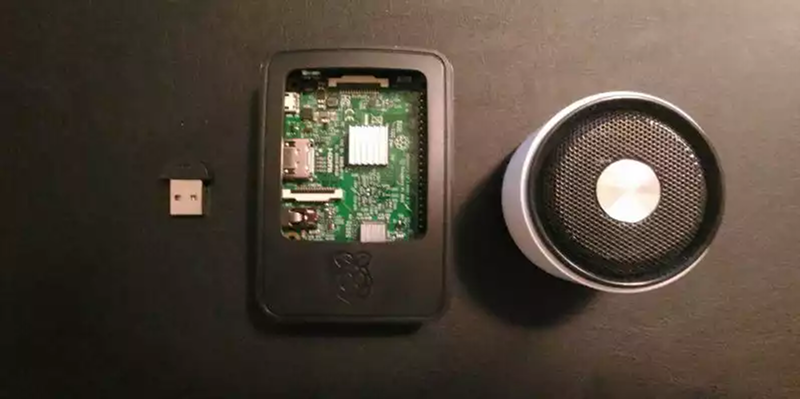If you watch the old original Star Trek, you’ll notice that the computers on board the Enterprise don’t look much like our computers (unless you count the little 3.5 inch floppies that looked pretty close to the real thing). Then again, the Enterprise didn’t need keyboards and screens since the computers did a pretty good job of listening and speaking to humans.
We aren’t quite to the point where you can just ask the computer some fuzzy open-ended question like Captain Kirk did, but we do have things like Echo, Siri, and Google Now that do a fair job of listening to you and replying. In fact, Google provides an API that can do speech recognition and generation. [Giulio] used some common Python libraries to add speech I/O to a Raspberry Pi.
The example he shows is a virtual parrot. Of course, you could do that entirely with audio, but the way [Giulio] did it, the parrot generates strings of text and then speaks them. So it isn’t hard to imagine processing the text in some way.
Of course, there are hardware options. Or, snag an Alexa and see if you can snag a few million dollars in prizes.
















Easier to sneak in AI as pets, then we’re amused rather than pissed off when they screw up. …
Totally agree!!
As much as I like the idea of voice control, I won’t send my audio to a third party for processing…
I hate the idea of voice control. Unless the user is alone when using voice control, it’s a very anti-social, super-annoying concept. Imagine a bus, and train carriage full of people talking commands to their phones. It’s enough to make one worship the unabomber!
While it is annoying, it is definitely not sufficient to make me worship the unabomber.
Heh, try it with kids around, they try to “help” …..
I’m not sure how Android is doing it now days, but my phone can turn spoken words into text for messages or notes without either data or wifi turned on. Even in airplane mode. Not the most accurate, and I have to say “comma” or “period” to get even basic punctuation, but it does work.
In case it matters, LG G4 running the provider’s 6.0 build.
1984 all over again.
https://youtu.be/K564rXrlZbc
We are there!
#cognitive #meetolli
They used CF cards on the Enterprise, not floppies.
Isolinear chips for TNG and Voyager (with the obvious exception of bioneural gelpacks), Isolinear rods for DS9/Cardassian/Romulan tech. Duotronics were used in TOS-era, although these were supposed to be replaced by multitronic circuitry. That didn’t go well.
ENT-era is a bit foggier. I’ll have to review the literature on that.
I think he was referring to those library blocks they used to put into the console to get certain data out – not the underlying storage technology… They just looked like CF.
I think they called them tapes.
Just like my mother called the atari 2600 cartages tapes.
http://i.stack.imgur.com/a2Qbx.jpg
Fascinating.